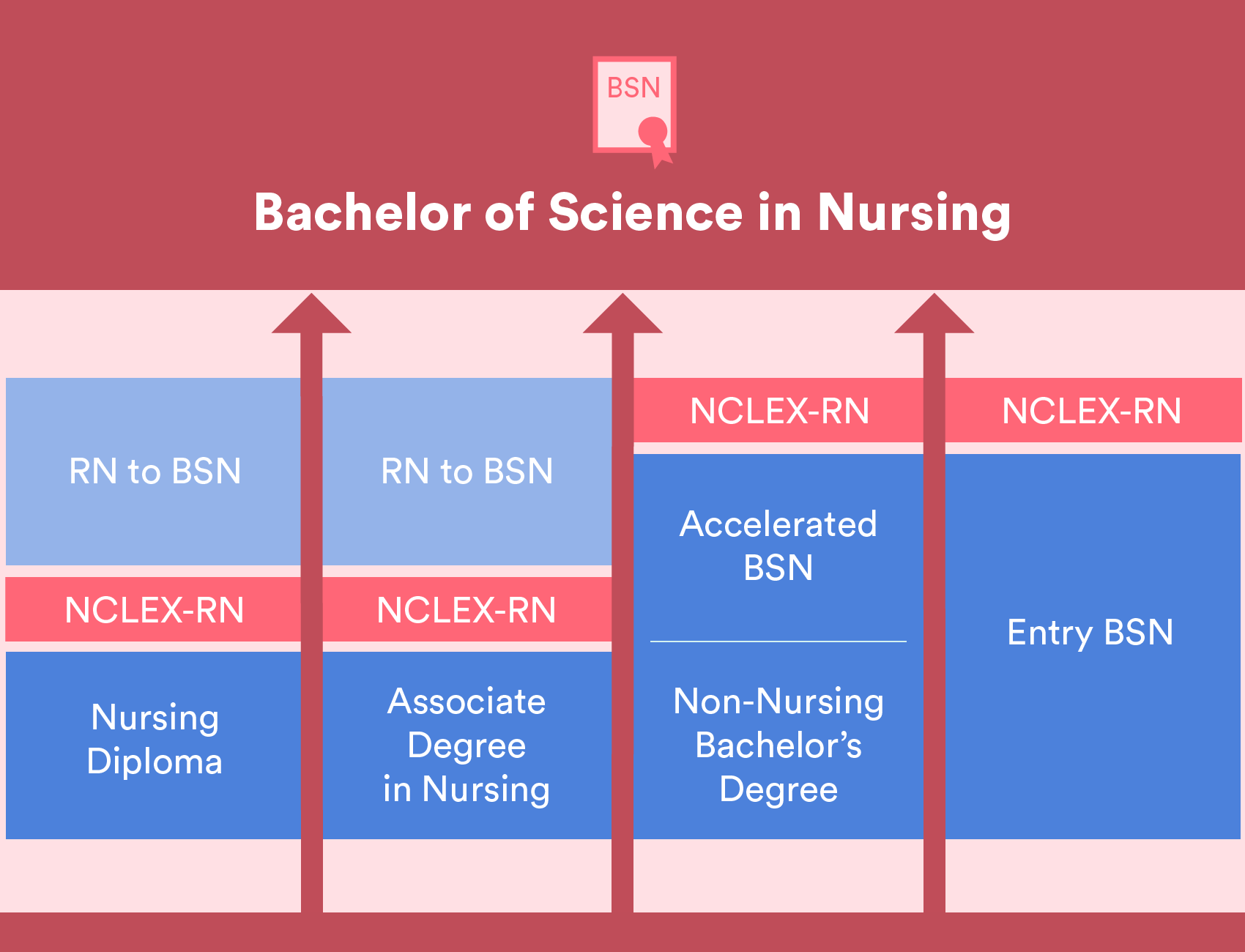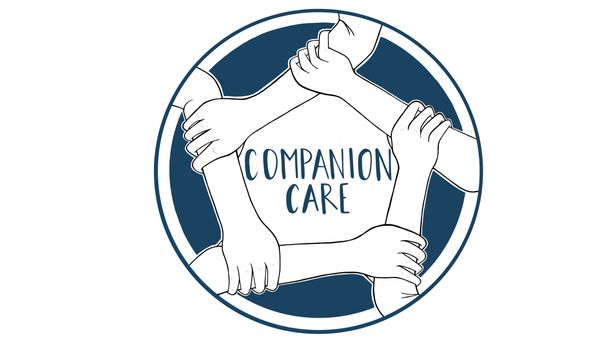
If you're a caregiver, you may wonder how to avoid the stigma of nursing homes for the elderly. This article will explain the regulations, staffing requirements, and financial assistance that are available. There are alternatives to nursing homes. It is possible to move your parent into a nursing facility, but you should read all regulations and ask staff questions. Moving in with your adult children is another option.
Alternatives to nursing homes
While 70% of American adults will eventually need long-term care in a nursing facility, many seniors prefer to live in their own homes. Because they provide greater independence than traditional senior care facilities, many families are searching for alternatives to nursing home. There are many options for nursing homes today. Here is a list with the most common options. They range in price, level and type of care.
Medicaid-funded assisted live is another alternative to nursing homes. Assisted living facilities offer community-based housing and limited medical care. Assistive living facilities provide assistance to residents in their daily activities such as meal preparation and reminders for medication. Some programs even provide 24-hour assistance. Medicare-funded assisted housing also allows for the possibility to stay in the same house but offer more flexible care options. In addition, it may be possible to use a personal emergency response system to alert caregivers if a resident is in need of medical assistance.

Regulations
The federal and state governments set regulations for nursing homes. CMS must be followed in regulating nursing homes. The CMS requirements require that nursing homes have a minimum number and minimum number of residents beds. They must also follow certain procedures when admitting new patients. Every year, re-assessments of residents should be performed. They have the right for residents to refuse medication; however, nursing homes are expected to honor their wishes.
New standards have been announced by the government to improve the safety and quality of nursing homes. The new rules will help protect vulnerable people and stop bad actors. The Administration is committed protecting vulnerable residents as well as protecting health care heroes. The Administration also wants to protect seniors and people with disabilities. This goal is being achieved with the regulations. This new rule will ensure the protection of residents and ensure high-quality care.
Staffing
Many providers are having difficulty finding staff, but others are asking employees to work longer hours and shifts in order to make ends met. Diondre, a certified nurse assistant, must care for at least 20 residents in Charlotte during a shift. These problems arise from the limited staffing of nursing homes. Fortunately, there are some states that have minimum staffing requirements.
The committee reviewed the statutory requirements, data from site visits, public testimony, and extensive research literature. The committee spent much time discussing the issues. It is vital to the health and well being of our aging population that nursing homes have adequate staffing. These new rules will not be effective if there are adequate staffing levels in nursing homes. But how can we be sure to make the most of what we have?

Financial assistance
Medicaid might be available to pay for the cost of a nursing home stay. Medicaid is only available for residents of low income. Long-term health insurance may help with nursing home costs. As skilled nursing can be expensive, $200 per person is the average cost. Medicaid can help cover the cost of a nursing home stay for residents who are low-income or uninsured. If Medicaid is not an option there are other resources.
Medicaid is a federal program that provides nursing home care to the elderly who are not able to care for themselves. The guidelines of the program state that the recipient must be unable care for themselves at their home. Medicaid coverage requires that the person meet certain financial requirements. These are based on their age, marital status, as well as other factors. Once Medicaid covers the cost of the care, the nursing home has to accept the coverage.